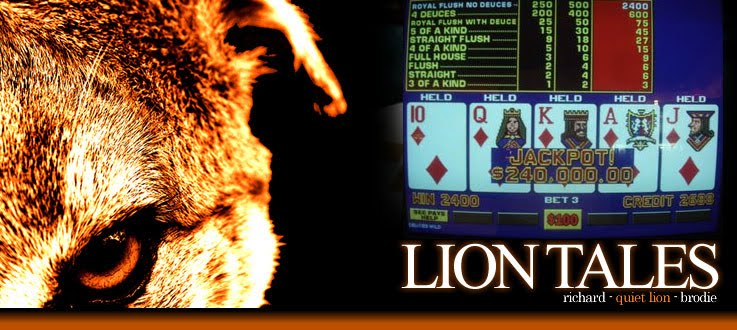Virtual deck
Do online poker rooms use burn cards? Every few weeks someone asks me this. In a live poker game, before each round of cards after the first is dealt, the card on top of the deck is "burned" – discarded. They do this in order to reduce the ability of cheaters to recognize a marked card on top of the deck and gain an unfair advantage. Since the top card is not used, there's much less (but still some) value in knowing what it is.
In online poker rooms that particular form of cheating is impossible, since there are no actual cards to mark, which raises the question: do online poker rooms still burn a virtual card before they deal, and if not, does it change the odds?
The short answer is: it doesn't matter and no.
Since there is no actual deck of cards, burning a card is almost meaningless. If the order of the cards is random, it doesn't matter if you take 23 cards off the top of the deck, the bottom, or the middle. A proper virtual shuffling algorithm will make the order of the cards completely unpredictable to a player.
People sometimes argue that no computer shuffle is random; they like to use the term "pseudo-random" as if there were some truly random process in the universe better than what the computer uses. In reality, today's most trusted card rooms, such as Full Tilt, use hardware random-number generators based on such factors as thermal noise and timing of user input, ensuring the unpredictability of the deal. It's safe to say that the cards on Full Tilt are dealt more randomly than in any live poker room, where frequently a trained eye can track the approximate location of at least one card through the perfunctory three riffles and a strip commonly used.
But suppose we are playing Texas Hold 'Em at a full nine-handed table. Eighteen cards are dealt, there is a round of betting, and three more cards come on the flop. In a live card room there would be 30 cards left in the deck because one was burned prior to the flop, but online there are 31 cards left. Doesn't this change the odds of, say, making a flush draw?
No it doesn't. What matters when computing odds is the ratio of unknown cards that help you to unknown cards that don't. You could burn five, 10, or 25 cards before dealing the turn and river and it wouldn't change anything. The fact is you don't know which cards are coming and it doesn't matter whether the cards that aren't coming are burned, at the bottom of the deck, in other people's hands, or down the paper shredder. Conversely, if you were to see one of the cards you needed in another player's hand, that would change your odds, regardless of whether or not cards were burned.
The math of Hold 'Em is pretty easy. With a flush draw, open-ended straight draw, or set, you're about a two-to-one dog to improve with two cards to come and about a four-to-one dog with one. Make sure you've got the right odds to play your hand and you won't get burned.

